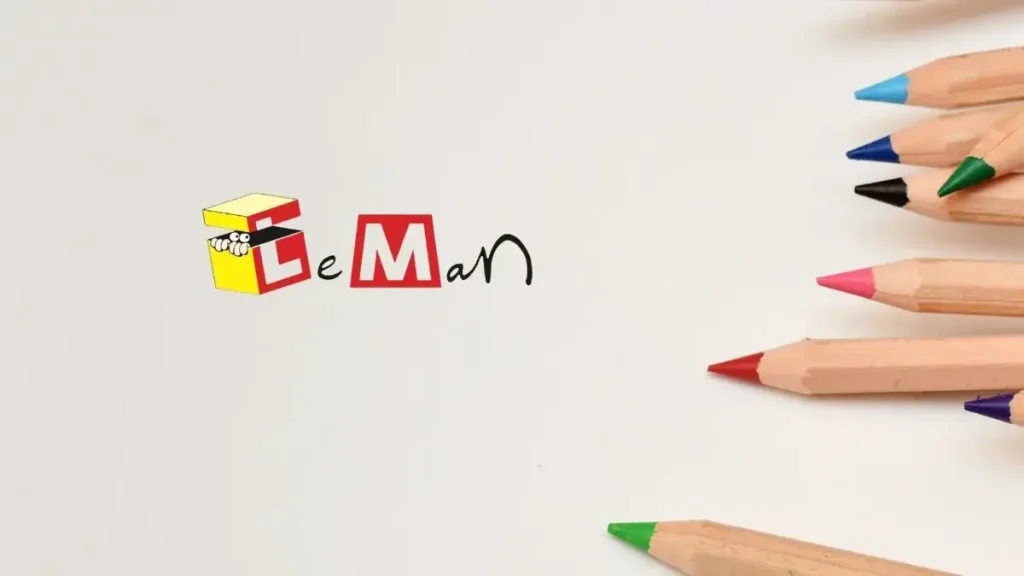Four journalists from the satirical magazine LeMan were formally arrested on charges linked to a controversial cartoon of Prophet Muhammad, which has sparked widespread outrage. The individuals, including cartoonist Doğan Pehlevan and managing editor Zafer Aknar, were taken into custody after the cartoon circulated on social media, leading to a targeted campaign against the publication. They face multiple charges, raising significant questions about freedom of expression and the implications of their artistic choices in a politically charged environment.
| Article Subheadings |
|---|
| 1) Arrest and Legal Charges of Journalists |
| 2) Details Surrounding the Cartoon |
| 3) The Legal Framework in Turkey |
| 4) Backlash and Public Sentiment |
| 5) Implications for Freedom of Speech |
Arrest and Legal Charges of Journalists
On June 30, four staff members from LeMan—namely cartoonist Doğan Pehlevan, managing editor Zafer Aknar, graphic designer Cebrail Okçu, and administrative manager Ali Yavuz—were arrested as part of an investigation concerning a cartoon that has stirred significant controversy. These journalists were taken into custody due to allegations of “publicly denigrating religious values,” as stipulated under Article 216/3 of Turkey’s Penal Code. After providing their testimonies at the police department, they were transferred to the İstanbul Courthouse where they faced additional serious charges, including “inciting the public to hatred and hostility.”
Details Surrounding the Cartoon
The cartoon that has ignited this controversy was featured in the June 26 issue of LeMan. It portrayed two elderly figures identified as Muhammad and Moses flying over war-torn cities, seemingly referencing the ongoing geopolitical strife in Palestine, Israel, and Iran. The illustration depicts the two figures exchanging greetings, with the Muslim figure stating, “Salamun Alaykum, I am Muhammad,” and the Jewish figure saying, “Aleichem Shalom, I am Moses.” The imagery created an uproar, leading to significant pushback from various religious and political organizations.
The Legal Framework in Turkey
The charges against the LeMan journalists fall under Turkey’s stringent legal framework concerning freedom of expression. Insulting religious values carries a potential prison sentence of up to one year, although this charge typically does not lead to pretrial detention. Conversely, charges related to inciting hatred and hostility can result in immediate detention prior to trial. Historical context shows that lesser charges have been reclassified to more serious ones in the past, leading to arrests. Given the charged atmosphere surrounding religious narratives in Turkey, the recent arrests raise critical questions about the expression of dissenting views and the implications for artistic freedom.
Backlash and Public Sentiment
Following the publication of the cartoon, a wave of backlash ensued, particularly from various religious groups. The outrage was mostly articulated through social media, which served as a platform for protests against the magazine. In response to the pushback, LeMan issued a statement clarifying that the cartoon was not meant to depict prophets but rather to convey an anti-war message. The magazine emphasized that the imagery should not have been taken literally and was intended to spark dialogue about the futility of war rather than to target religious beliefs.
Implications for Freedom of Speech
The ongoing case against the LeMan journalists raises fundamental issues regarding freedom of speech and artistic expression in Turkey. With the legal system being utilized to prosecute those who engage in satire or criticism of religion, there is a growing apprehension about the chilling effect this will have on future journalistic endeavors and artistic freedom. The case could set a critical precedent for how similar cases are handled, potentially influencing the cultural and political discourse in the region. Moreover, it reflects broader trends of authoritarianism and repression of dissenting voices in various parts of the world.
| No. | Key Points |
|---|---|
| 1 | Four journalists from LeMan were arrested for charges related to a controversial cartoon of Prophet Muhammad. |
| 2 | The cartoon depicted Muhammad and Moses in an anti-war context, sparking significant public uproar. |
| 3 | Turkish law carries severe penalties for insulting religion, which may include pretrial detention based on the nature of other charges. |
| 4 | The backlash includes protests against the magazine, raising further issues regarding freedom of expression. |
| 5 | The case poses critical implications for artistic freedom and how dissenting views are treated in the Turkish legal framework. |
Summary
The arrest of four journalists from LeMan in connection with a controversial cartoon has not only sparked significant public outrage but also raised profound questions surrounding artistic freedom and the limits of expression in Turkey. As the case unfolds, it may set an important precedent for similar situations in the future, entering a broader discussion on the impact of legal actions against those who challenge religious and political norms. The implications stretch far beyond Turkey, offering a critical lens for examining global trends in freedom of speech.
Frequently Asked Questions
Question: What are the specific charges against the journalists from LeMan?
The journalists are charged with “publicly denigrating religious values” and “inciting the public to hatred and hostility.” The cartoonist also faces a charge of “insulting the president.”
Question: How does Turkish law govern freedom of expression?
Turkish law is stringent regarding insults against religion, with penalties that can include imprisonment and pretrial detention depending on the severity of the charges.
Question: What has been the public reaction to the cartoon?
The cartoon has provoked considerable backlash, prompting protests mainly from religious groups who view it as disrespectful. Social media has played a significant role in amplifying these sentiments.


